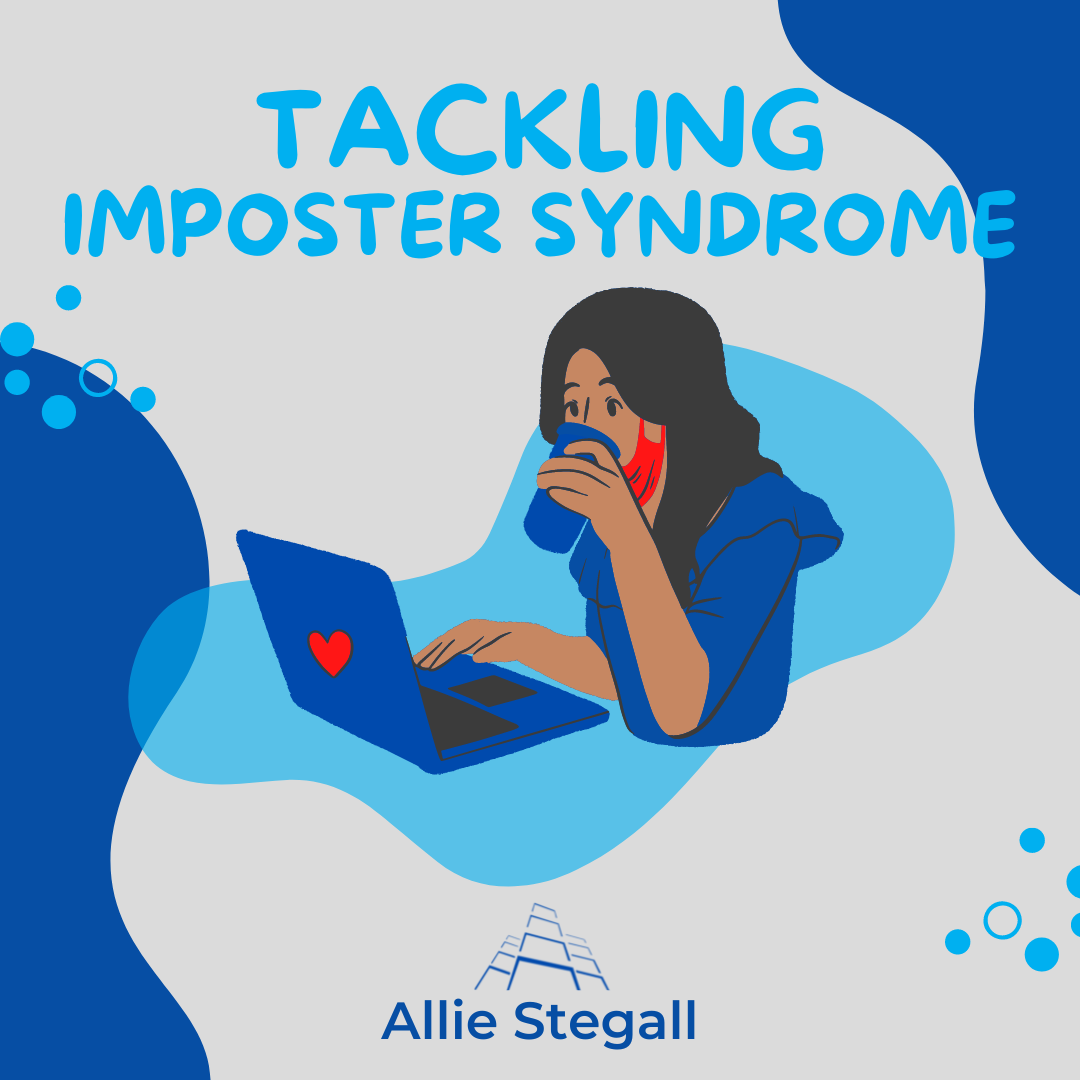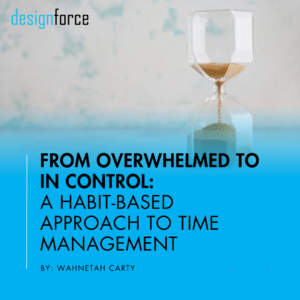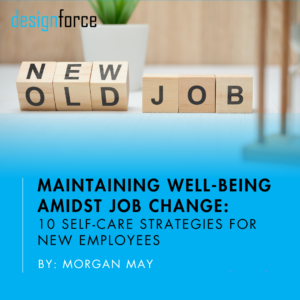Imposter Syndrome is an issue that many face, but few discuss it out loud. As a Career Consultant at DesignForce, I have had countless career professionals come to me for advice surrounding this matter. Since this syndrome is rarely discussed publicly but experienced by many privately, DesignForce aims to shed light on the matter, normalize discussing imposter syndrome, and provide steps to combat these negative feelings through our work and through this blog.
So what is it exactly? Imposter Syndrome also called the imposter phenomenon or imposter experience, describes high achieving individuals who, despite their outward achievements, fail to internalize their accomplishments and attribute their success to outside factors, like luck, rather than ability.
Psychologists Dr. Pauline Rose Clance and Dr. Suzanne Imes first described the Imposter Syndrome phenomenon in 1978. Early research indicated this phenomenon only affected women; however, more recent research has documented these feelings of inadequacy among both men and women alike and many ethnic and racial groups.
Additionally, a study from the Journal of Behavioral Science found an estimated 70% of people report feeling imposter syndrome. In reviewing the research published initially by Clance and Imes, Dr. Valerie Young, author of “The Secret Thoughts of Successful Women,” classified the following categories of imposter syndrome: the perfectionist, superwomen/superman, natural genius, the soloist, and the expert. Within each sub-group, she highlights how imposter syndrome can affect different people. Differences aside, each category steers back to self-doubt and attributing success to outside factors, like luck or other collaborative work. For some, imposter feelings start in academia but can continue well throughout their professional experiences.
Knowing this affects so many, how can one negate these feelings and push past the belief of not measuring up? Here are three avenues to help with imposter syndrome:
- Involve Mentors
Many realize only after speaking with a mentor or friend just how prevalent these feelings are. Working with a mentor or supportive supervisor can help give a realistic look at what you have accomplished and help recognize that while feeling the effects of imposter syndrome are normal, they are also unfounded. Create a plan with a supervisor and establish weekly or monthly goals to help identify what you can accomplish and what needs further development.
- Recognize your Expertise
Dr. Imes encourages clients to create a realistic assessment of their abilities, stating, “most high achievers are pretty smart people, and many brilliant people wish they were geniuses, but most of us aren’t.” Understand what areas you excel at as well as the areas for improvement. By bifurcating your abilities, it is easier to see where you need legitimate improvement.
- Change your Thinking
Dr. Clance urges those with imposter feelings to move away from the idea of perfection. In doing your best work, take the time to appreciate the outcomes of your efforts. It is crucial to develop and implement small rewards for success and credit where credit is due. Learning to celebrate micro-wins is essential for long-term gratification and reduced feelings of imposter syndrome.
As a society, we emphasize achievement, both inside the A|E industry and elsewhere. Dr. Imes noted there could be confusion between approval and love and worthiness. Self-worth becomes contingent on achieving. When feelings like this occur, explore the above avenues to stop those thoughts in their tracks; remember, many of those around you, however outwardly confident they appear, have faced similar challenges and feelings. Focus on progress and remind yourself of how far you’ve come.

Related Posts
Let's learn together.
Stay inspired and in the know on all things A|E|C.
Sign up for our monthly newsletter.










